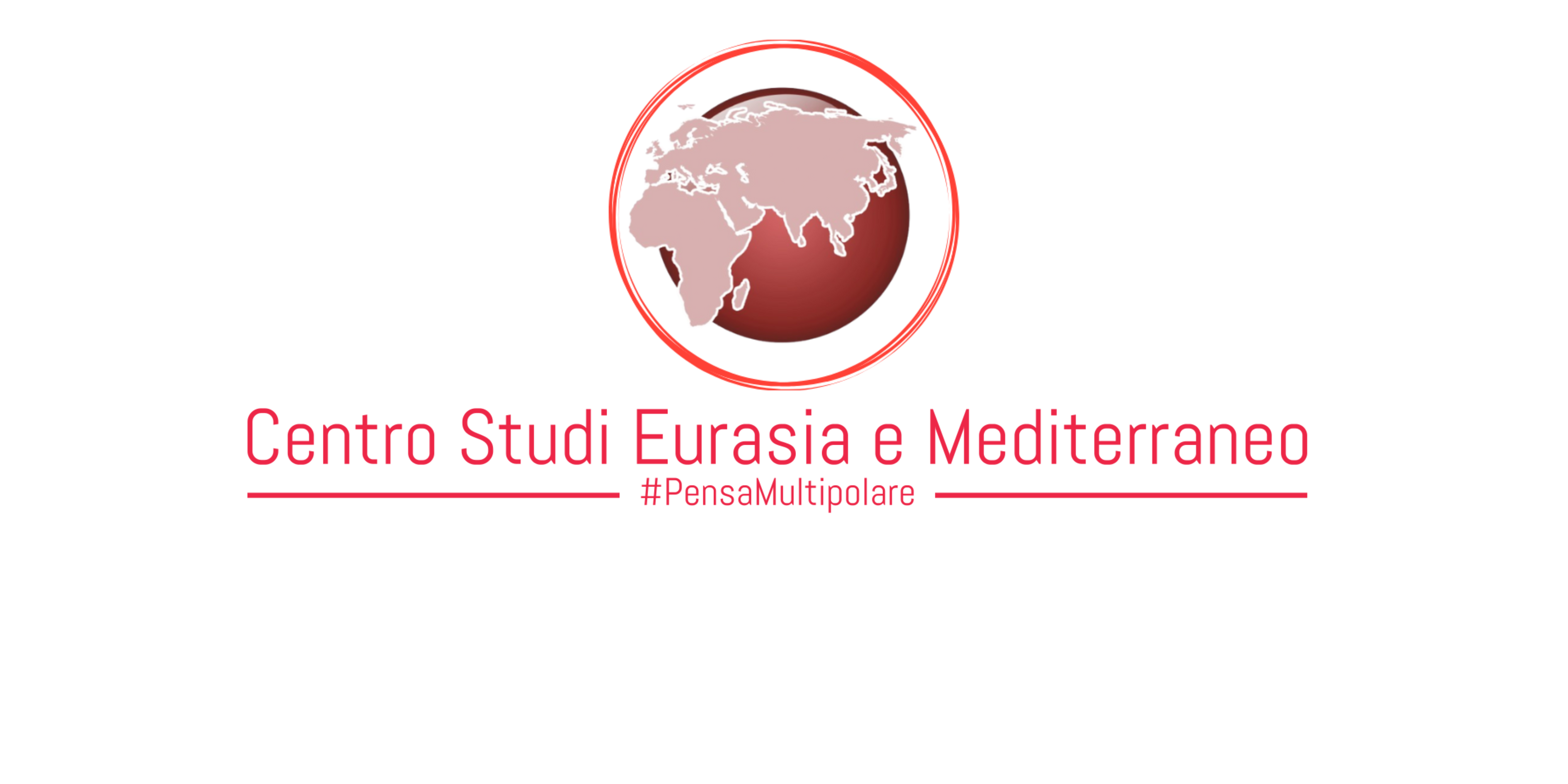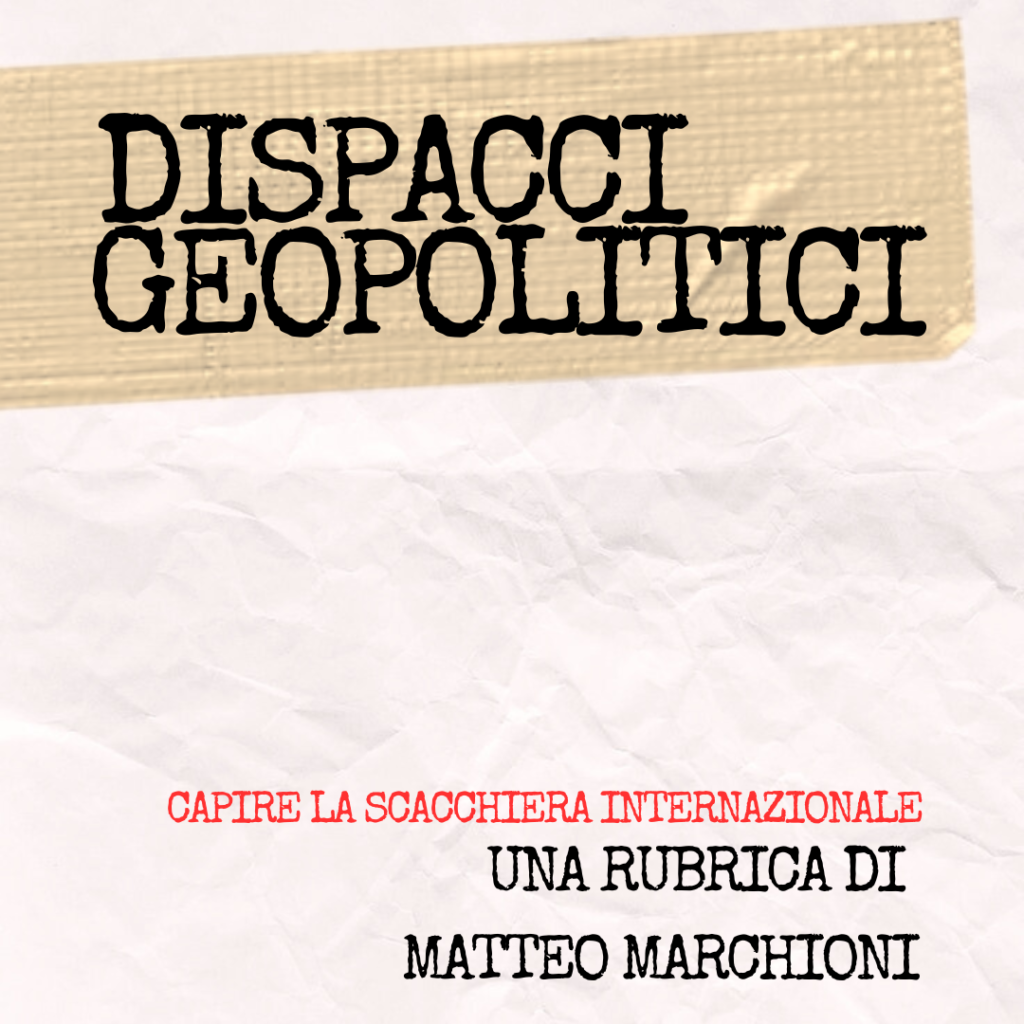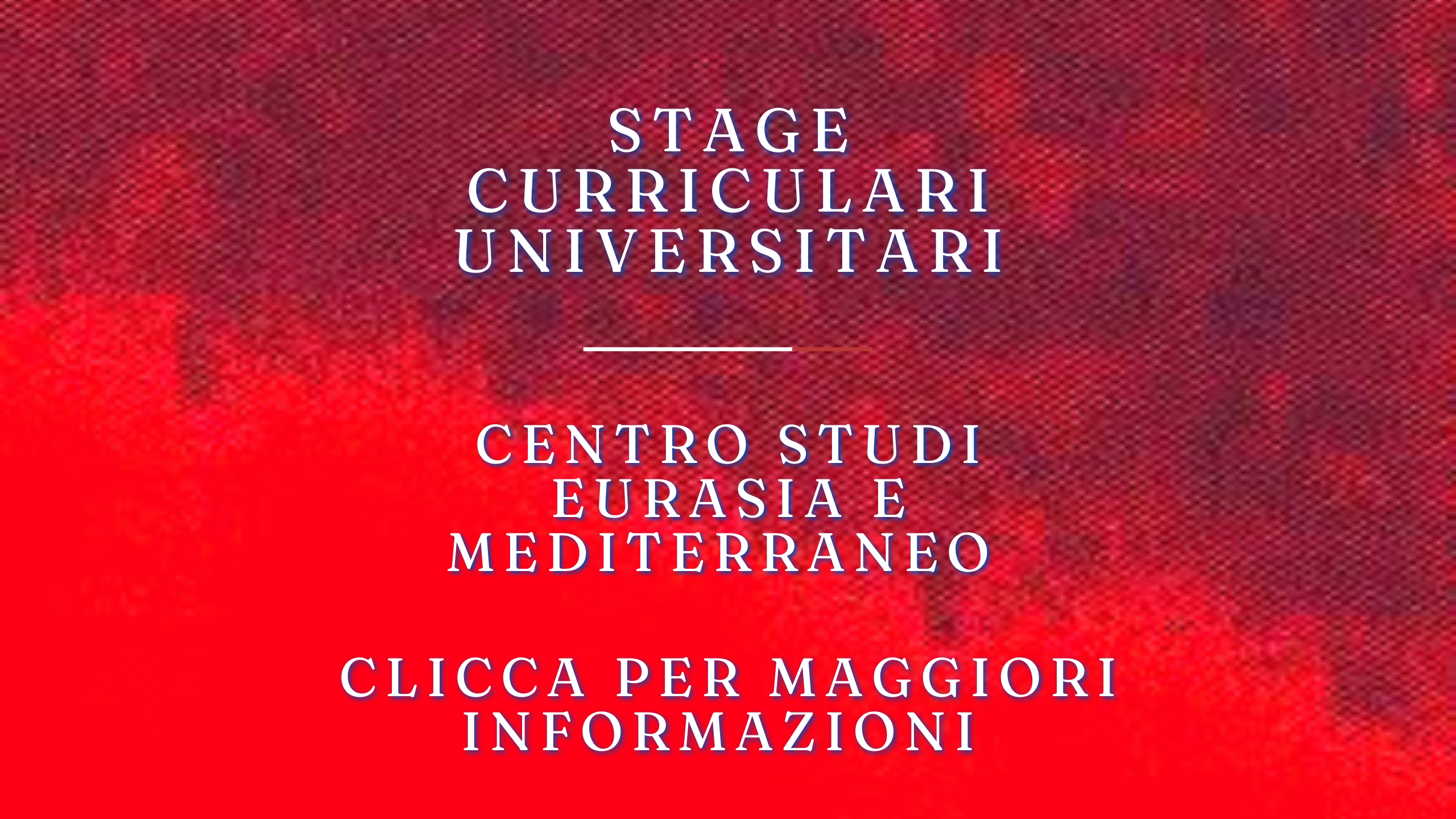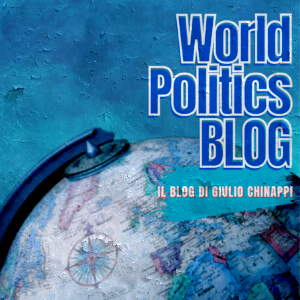Introduzione di Stefano Vernole
Qasym-Jomart Tokayev ha annunciato una serie di riforme economiche per un Kazakistan più equo e moderno. Innanzitutto un rafforzamento del welfare state in settori chiave come l’istruzione, la sanità e le politiche familiari. In ambito più strettamente economico, il Presidente kazako si è posto una serie di obiettivi più stringenti e a breve termine, con l’obiettivo di raggiungere quanto prima risultati concreti nel settore manifatturiero.
Se il Kazakistan raggiungesse, come previsto, una crescita economica stabile del 6-7% annuo fino al 2029, il Paese si classificherebbe tra i leader mondiali in termini di sviluppo. Ciò implica la necessità di attrarre maggiori investimenti esteri attraverso stimoli fiscali per le imprese straniere e con certezza giuridica, nonché attraverso lo sfruttamento delle infrastrutture di informazione.
Per questo motivo, il Kazakistan deve sfruttare maggiormente la sua posizione di snodo di transito in Eurasia e le sue relazioni di buon vicinato con Russia, Cina e paesi asiatici.
Lo stesso deve accadere in settori strategici come l’agricoltura e la green economy.
In conclusione, il piano proposto da Tokayev conferma la spinta innovativa della sua presidenza e la creazione di due nuovi ministeri (Trasporti e Risorse idriche) rilancia il ruolo dello Stato come guida per lo sviluppo economico del Kazakistan, nonché come stimolo per far emergere le migliori energie intellettuali e imprenditoriali del Paese.
Stefano Vernole
Scheda informativa sul discorso alla nazione del presidente Kassym-Jomart Tokayev
Overview
The President of Kazakhstan, Kassym-Jomart Tokayev, delivered his planned state-of-the-nation address on September 1, 2023, titled “Economic Course of a Just Kazakhstan.”
Representatives from civil society participated in the joint meeting of the parliamentary chambers alongside officials.
The President’s address primarily focused on economic reforms and a new economic course for the country.
Key points from the President’s address
Implemented initiatives
Over the past few years, several initiatives have been implemented, including:
- Since 2020, teachers’ salaries have doubled.
- The salaries of doctors have also increased significantly.
- Citizens can use part of their pension savings.
- As part of the Comfortable School project, approximately 400 schools will be built.
- More than 300 healthcare facilities are being built in rural areas.
- The implementation of the “National Fund for Children” project has begun.
- Eight million hectares of unused or illegally allocated land have been returned to state ownership.
Implemented political reforms
In addition to the above initiatives, the following political reforms have been implemented:
- Optimal balance between the branches of government.
- Kazakhstan switched to the model of a presidential republic with a strong parliament. The formula “strong President – influential Parliament – accountable Government” has strengthened.
- Steps have been taken in the field of human rights protection.
- Extensive work is being done to ensure the rule of law and justice.
- Opportunities for citizen participation in government decision-making have been expanded.
- The political culture of society has reached a qualitatively new level.
Kazakhstan’s new economic course
President Tokayev outlined key aspects of the new economic course:
- The defining principles of the country’s new economic course will be fairness, inclusiveness, and pragmatism.
- The new paradigm for the economic development of Kazakhstan will be based on the effective use of competitive advantages, as well as unlocking the potential of all key factors of production – labour, capital, resources, and technology.
- As part of the new economic policy, the country will move away from the practice of setting long-term ‘ephemeral’ goals. Most tasks set out in this Address must be implemented within three years; for more complex tasks, other specific deadlines will be determined.
Key economic tasks for the government
- The most important task is to form a strong industrial framework for the country and ensure economic self-sufficiency.
- The main emphasis should be on the accelerated development of the manufacturing sector.
- The task of diversifying the economy is becoming ever more urgent.
- It is necessary to focus on areas such as deep processing of metals, oil, gas and coal chemistry, heavy engineering, uranium conversion and enrichment, production of automotive components and fertilizers.
- Overall, a specific list of at least 15 major projects is required.
- It is necessary to simplify and shorten the state procurement process, ensure the principle of priority of quality over price, and implement full automation of procedures.
- The Government’s task is to increase the area of geological and geophysical exploration from the current 1.5 million to at least 2.2 million square kilometres by 2026.
Macroeconomic growth and the banking sector
- The main goal of the planned reforms is stable economic growth of 6-7 percent in order to double the volume of the national economy to $450 billion by 2029.
- It is necessary to establish coordination of financial, fiscal and monetary policies. The main problem limiting economic growth is the lack of investment.
- It is necessary to solve the problem of insufficient corporate lending.
- It is required to take measures to involve in the economic turnover the frozen assets of banks for a total of 2.3 trillion tenge (approximately $5 billion).
- To increase competition, three reliable foreign banks should be attracted to the country.
- The main task is to ensure annual growth in lending to the real sector at the level of 20% and above.
SMEs and privatization
- The government should make changes to legislation to encourage the consolidation of small businesses.
- The Agency for the Protection and Development of Competition, together with the Government, must take measures to demonopolize key markets.
- The processes of privatization and public IPOs should be significantly accelerated.
- The privatization of all non-core assets should begin in 2024 and public IPOs of companies of the Samruk-Kazyna Fund should be conducted.
- Next year, a public IPO of Air Astana should be carried out, QazaqGaz should be prepared to enter the market, and state assets in large companies should be sold.
Taxation and minimum wage
- The scope of tax benefits should be analysed and reduced by at least 20%. The remaining preferences should be provided according to clear rules, without reference to individual projects and persons.
- As for tax administration, it is necessary to ensure a transition to a service model of interaction between fiscal authorities and taxpayers.
- It is necessary to completely digitalize tax control and reduce tax reporting forms by 30%.
- It is necessary to reduce the total number of types of tax and other obligatory payments to the budget by at least 20%. Where there is no significant fiscal return, they should be excluded completely.
- It is necessary to accelerate the introduction of progressive taxation.
- In order to increase the income of citizens, the minimum wage will increase to 85,000 tenge ($185) from 1 January 2024. This will impact 1.8 million people, including 350,000 public sector employees. This means the minimum wage will have doubled in three years.
Transport and logistics
- The transport and logistics industry should become one of the engines of the country’s economic development.
- The Trans-Caspian route is key to strengthening our transit potential. In the medium term, traffic volumes along this corridor can be increased fivefold.
- A holistic plan for the development of maritime infrastructure is required, in which a separate role should be given to the port of Kuryk. It will have to become a full-fledged logistics cluster, like Aktau.
- The international North-South Corridor is also key, which gives Kazakhstan access to the ports of the Persian Gulf. It is necessary to gradually double the capacity of the railway part of this route.
- Kazakhstan must strengthen its position as a transit hub in Eurasia and become a full-fledged transport and logistics power over time.
- The realization of the transport potential depends on Kazakhstan’s constructive and good-neighbourly relations with all neighbouring countries, including Russia, China, and Kazakhstan’s neighbours in Central and South Asia.
Green and sustainable economy
- Kazakhstan should focus on developing a green economy. In the long term, a global transition to clean energy is inevitable.
- The share of renewable energy in total generation has grown to almost 5% over the past five years. By 2027, another 1.4 gigawatts of capacity will be added.
- It is necessary to develop hydrogen generation.
- New solutions are required in the field of creating balancing capacities and energy storage systems. The transition to carbon neutrality can be accelerated by carbon trading.
- The Astana International Financial Centre should become the main platform in the region for attracting green funding.
- The question on the potential construction of a nuclear power plant should be submitted to a national referendum.
Digitalisation
- Transforming Kazakhstan into an IT country is a strategically important task.
- The Government’s goal is to increase the export of IT services from around 500 million dollars this year to one billion dollars by 2026. This will be facilitated by the opening of joint ventures with large foreign IT companies.
- Kazakhstan can become a platform for selling computing power to global players. It is necessary to create attractive conditions, including preferences to attract investment in the construction of large data centres and promote Kazakhstan’s interests in the field of data storage and processing.
Trade and domestic industry
- To support the manufacturing industry, foreign and domestic investors should be exempted from taxes and other mandatory payments for the first three years.
- The state is obliged to protect domestic producers. This is not a signal to close the economy from the outside world: it should remain open but taking into account the interests of national business.
Election of akims (mayors)
- For more than two years, Kazakh citizens have been electing akims of villages, towns and rural districts.
- During this time, three-quarters of akims of the rural level were elected.
- Now, Kazakhstan will organise elections of akims of districts and cities of regional significance.
Agricultural sector
- The strategic goal of the country is to become one of the leading agricultural centres of the Eurasian continent.
- A stage-by-stage transition from primary production to the production of higher value-added products is required. The goal is to increase the share of processed products in the agricultural sector to 70% within three years.
- This will require a revision of tax policy, which should stimulate processing.
- It is necessary to stimulate the consolidation of domestic agricultural firms, as well as to actively attract transnational corporations on mutually beneficial terms.
Gasification and energy
- Further gasification of the country is important. It is necessary to accelerate the construction of new gas processing plants, as well as the full involvement of existing processing capacities.
- It is important to attract investment in the exploration and development of new gas fields.
- It is necessary to gradually introduce clear regulatory requirements for energy efficiency and resource conservation in general. The goal is to reduce key indicators of energy consumption and energy intensity by at least 15% by 2029.
Water security
- The National Hydrogeological Service will be recreated.
- The entire water management system of the country will undergo reform, including key companies.
- The rational use of water resources, along with the areas of energy and transport, can become another important element of the new model of regional cooperation.
Creative industry
- Kazakhstan must create conditions for the large-scale development of the creative economy in the country, including legal instruments to protect intellectual property.
- Creative Industry Centres should be in every regional centre and every major city.
Responsibility for economic reforms
- The government will be fully responsible for the implementation of economic policy.
- The Presidential Administration will concentrate its efforts on strategic directions of the socio-economic development of the state, issues of domestic and foreign policy, defence and security, legal and personnel policies.
Restructuring of Ministries
- Two new Ministries will be established: the Ministry of Water Resources and Irrigation and the Ministry of Transport
Responsible citizen (“Adal Azamat”)
- All citizens, particularly young people, should embody the best qualities, as these form the foundational values of society. Everyone should strive to be patriotic, educated, hardworking, disciplined, responsible, fair, thrifty, and empathetic. This is the profound essence of the concept of “Adal Azamat”, which is rooted in Abai’s teachings on the “Perfect Person”.
- The ideas of Just Kazakhstan and “Adal Azamat” should always be considered as fundamental values that stand side by side.
- If every individual is a responsible citizen whose actions align with their words, then justice will prevail in the country.














Il CeSE-M sui social